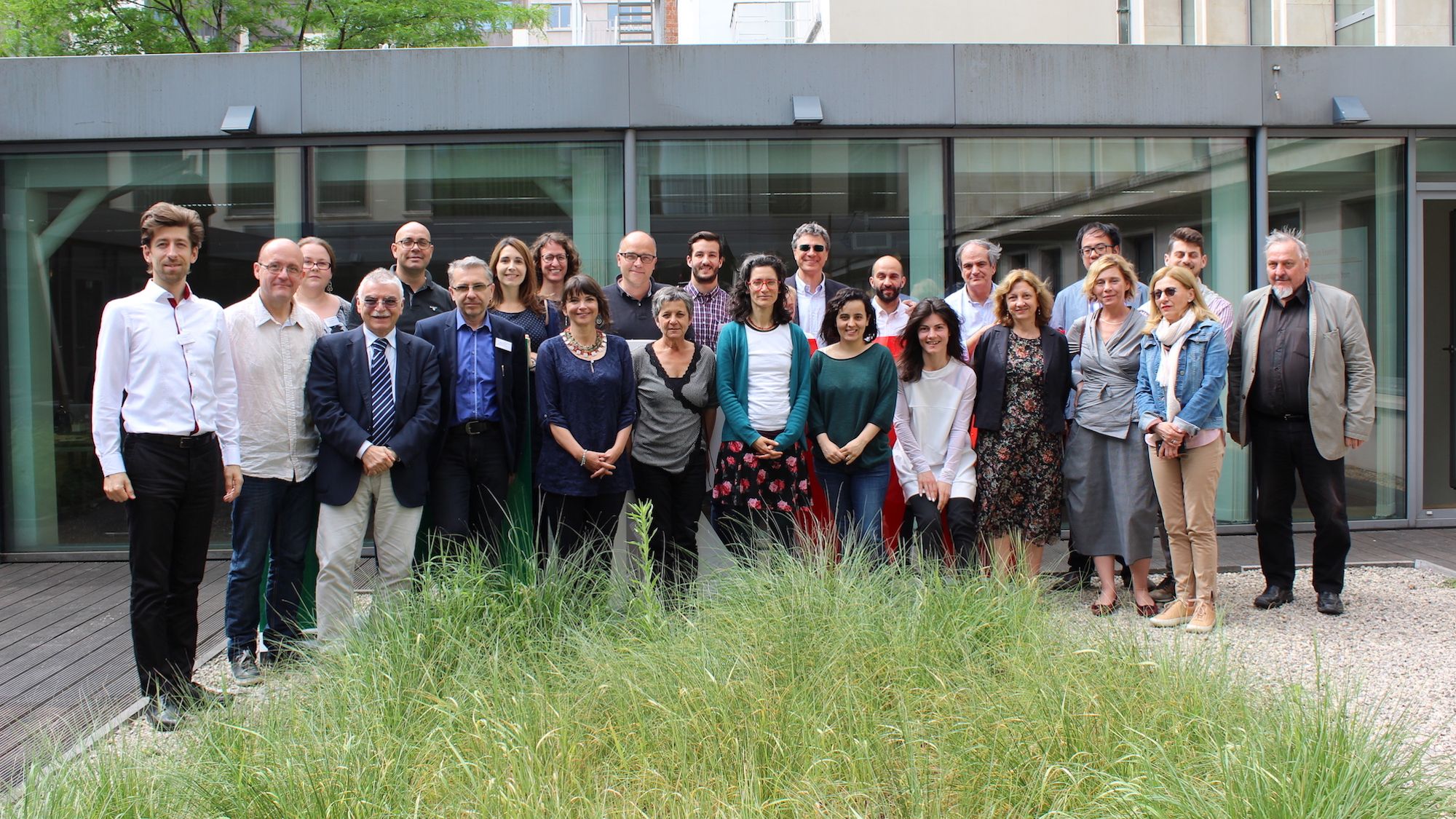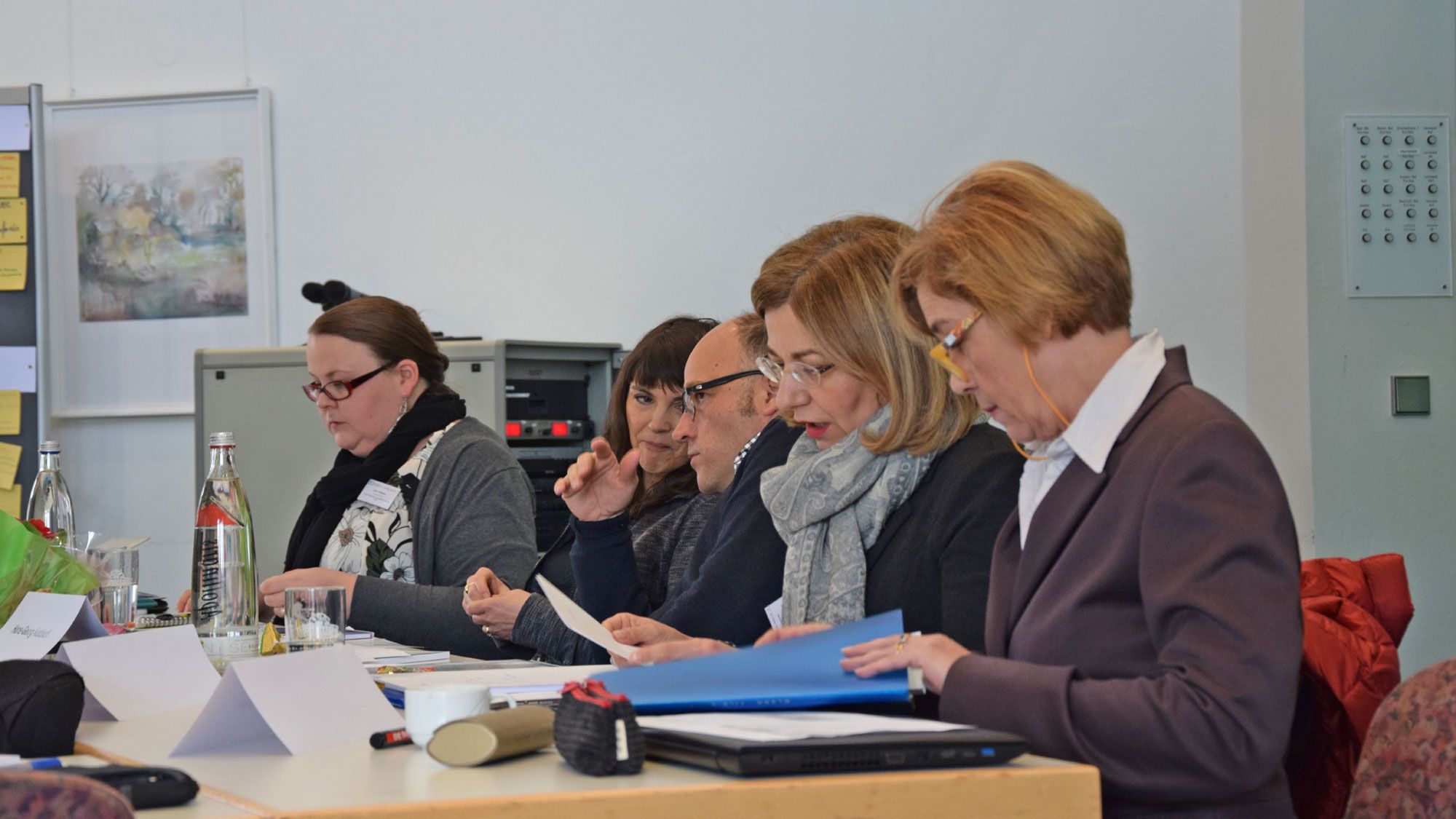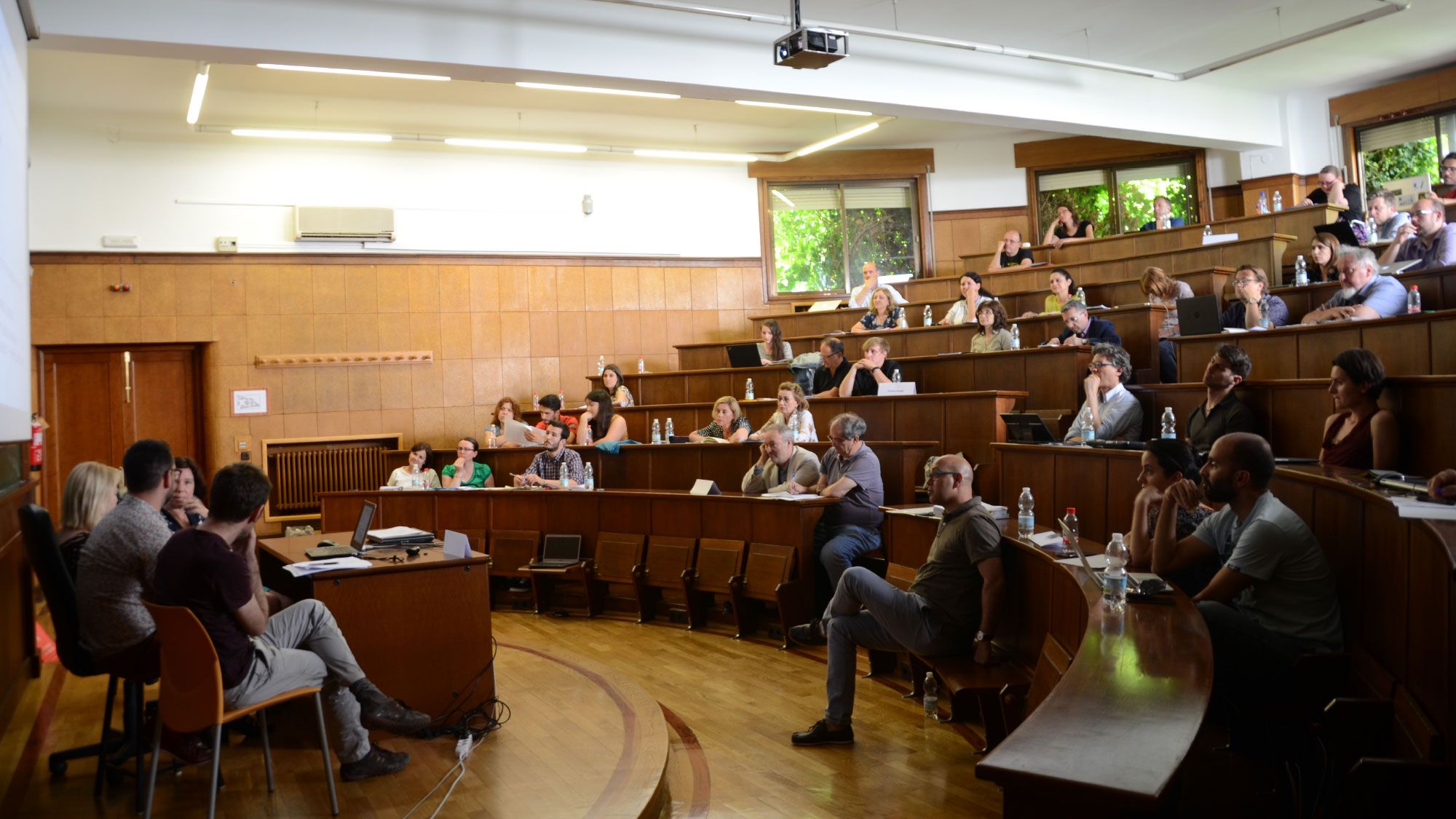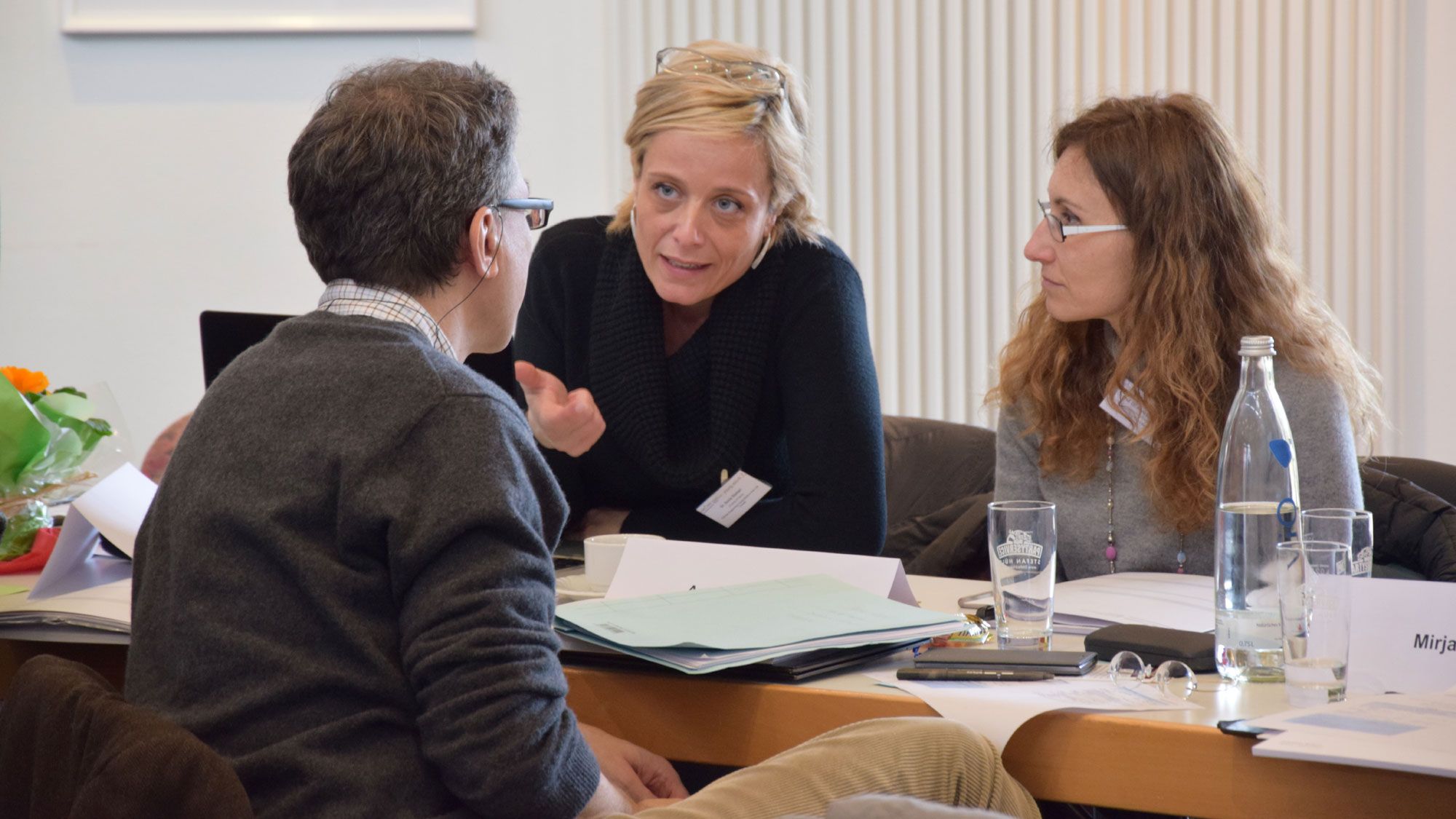Objectives
In the focus of attention of the project are lifelong learning policies for young adults that address young people, in particular those not in education or training (NEETs) or those in situations of near social exclusion. Against the outlined background of a high fragmentation and persistent weakness and ineffectiveness of adult education policies across Europe, YOUNG_ADULLLT enquires into the specific forms of embedding of these policies in the regional economy, the labour market, the education/training systems and the individual life projects of young adults. The argument is that it is by looking into these specific regional and local contexts that policies are best understood and assessed. Thus, the research focus offers three different entry points:
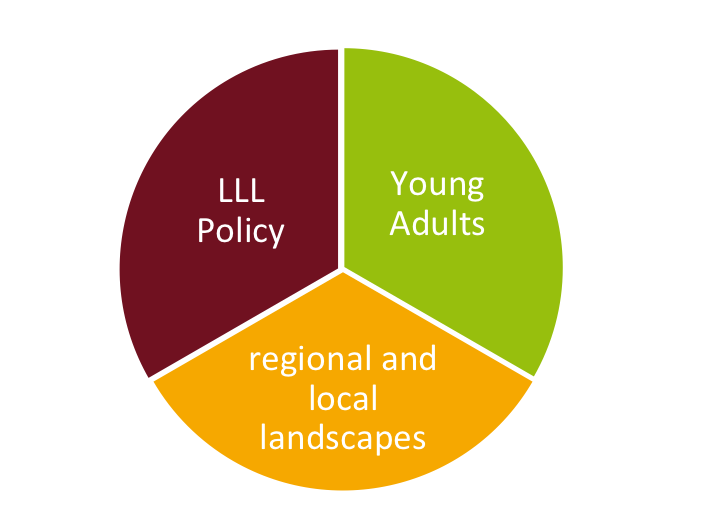 Two underlying assumptions are of particular importance in discussing LLL policies for young adults in the context of current strategies: first, that the target groups implied in LLL policies are neither natural nor static categories that can be simply used by policies to ‘address’ particular groups and social issues. Rather, policies significantly change and sometimes even construct the target group they address. Second, the project departs from the assumption that policies with different orientations and objectives will understand and construct their target groups in substantially different ways, raising questions as to the mutual compatibility among the policies.
Two underlying assumptions are of particular importance in discussing LLL policies for young adults in the context of current strategies: first, that the target groups implied in LLL policies are neither natural nor static categories that can be simply used by policies to ‘address’ particular groups and social issues. Rather, policies significantly change and sometimes even construct the target group they address. Second, the project departs from the assumption that policies with different orientations and objectives will understand and construct their target groups in substantially different ways, raising questions as to the mutual compatibility among the policies.
YOUNG_ADULLLT aims at critically analysing current developments of LLL policies in Europe in order to prevent ill-fitted policies from further exacerbating existing imbalances and disparities. LLL policies more often than not have been designed for adult needs. We aim to elucidate how policies characterize the target groups of young adults and whether they account for the fact that young adults are a highly dynamic and heterogeneous target groups in terms of socio-economic stratification and living conditions and in terms of life projects, interest and possibilities. In this regard, the project looks into relevant social developments affecting young adults such as life course de-standardisation processes and into the emergence of a new political economy of skills. Policies, in general, reflect assumptions of ‘normal’ or ‘standard’ life courses, but they also produce new social expectations with which young adults have to be able to relate to and cope with if they are to be successful. For this reason, the project also focuses on the perspective of the young adults and asks questions as to how they perceive policies and which skills they acquired by formal and informal education and what needs and potentials they identify.
Therefore, the objectives of the YOUNG_ADULLLT project are
- to understand the relationship and complementarity between LLL policies and young people’s social conditions and assessing their potential implications and intended/unintended effects on young adults’ life courses;
- to analyse LLL policies in terms of young adults’ needs as well as their potential for successfully recognising and mobilising the hidden resources of young adults for their life projects;
- to research LLL policies in their embeddedness in regional economies, labour markets and individual life projects of young adults;
- to identify best practices and patterns of coordinating policy-making at local and regional levels.
In order to do so, YOUNG_ADULLLT breaks new ground in a number of ways and expands the state-of-the-art in terms of combining different perspectives to the analysis of LLL policies for young adults. It combines different theoretical and methodological (and disciplinary) traditions and approaches in a multilevel analytical framework with the aim of appropriately conceptualising the research object. Thus, the conceptual framework is based on three theoretical perspectives – Cultural Political Economy, Life Course Research and Governance Studies.
From a methodological perspective this multilevel perspective aims at accounting for the interplay of macro-structures, regional environments, local institutions and individual expectations, life plans, and informal competences of the addressees of the policies. Within the conceptual approach the analytical levels that are focused are thus three-fold:
- at the individual level, YOUNG_ADULLLT enquires into how policies’ fit and potentials account for young adults’ perceptions and expectations, their informal/non-formal competences, thus enabling them to create subjective meaning and continuity along their life courses;
- at the structural level, it investigates the socio-economic and political conditions of the most effective policies and initiatives related to LLL, youth unemployment, and education/training for young people;
- at the institutional level, it analyses the embedding of policies in the local and regional frameworks of education, training and the labour markets with particular attention to actors and networks, dynamics, trends, (mis)matches and redundancies.




